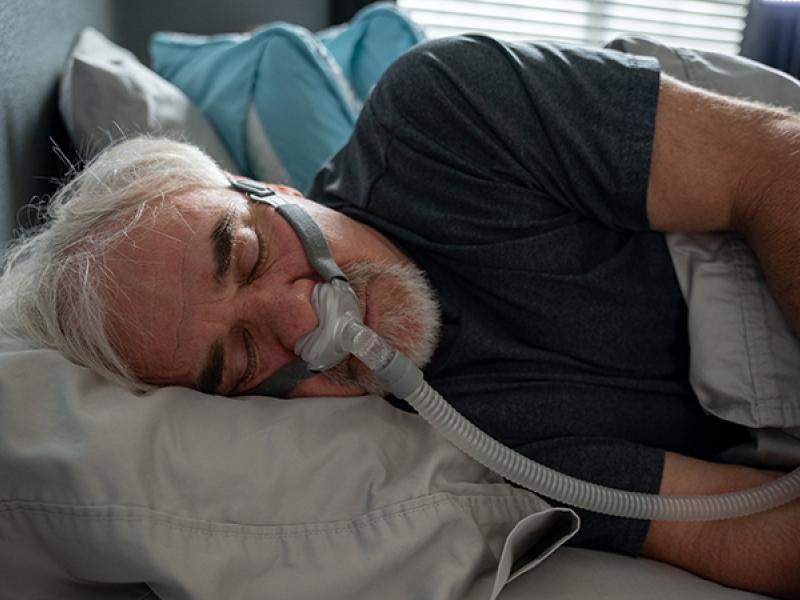
The National Institutes of Health has awarded Hui-Ming Chang, MD, MPH, former Co-Director, Center for Precision Medicine at the University of Missouri School of Medicine, a nearly $3.5 million grant to study a pre-treatment for chemotherapy that could protect cancer patients from therapy-induced heart problems.

Doxorubicin is a common chemotherapy treatment for breast cancer, but long-term survivors who were treated with the drug and others like it often experience heart problems. However, recent animal studies at the Center for Precision Medicine have found a drug called dexrazoxane, which can be used to mitigate the side effects of doxorubicin, provided complete heart protection from the damaging effects of doxorubicin when the heart-protective medicine was administered before the chemotherapy drug.
"If given together, the chemotherapy drug doxorubicin is not as effective because the heart-protecting drug dexrazoxane interferes with the chemotherapy drug's ability to kill cancer cells," Chang said. "But we now believe early administration of dexrazoxane prior to doxorubicin will degrade a protein that causes doxorubicin's cardiotoxicity and allow enough time for dexrazoxane to leave the system without interfering with the tumor-killing aspect of doxorubicin, while still providing the cardio-protective benefit for the patient."
Chang’s research aims to determine the effective dose and timing of dexrazoxane prior to doxorubicin and to evaluate whether dexrazoxane pre-treatment prevents doxorubicin-induced heart problems in breast cancer patients. This study will include 120 female patients with non-metastatic, HER2-negative breast cancer.
"If our study is successful with this group of patients, it will guide the design of additional studies involving other types of cancers including sarcoma and pediatric leukemia," Chang said. "This is significant because we may be able to provide a heart-protective benefit to patients fighting many different types of cancer without compromising the effectiveness of the chemotherapy itself."
This 5-year NIH grant aims to translate results from bench laboratory research to bedside patient care. It will involve physicians and scientists from several MU School of Medicine departments including oncology and cardiology. This level of collaboration will be a hallmark of the NextGen Precision Health Institute, a research facility designed to bring MU Health Care doctors and MU researchers together to make care as personalized and effective as possible.





